
Why do we feel so alone? A reflection on grief through Saint Augustine
If you are looking for hard-earned lessons, look no further. I want to delve into Augustine’s meditations on grief.

If you are looking for hard-earned lessons, look no further. I want to delve into Augustine’s meditations on grief.

I am the kind of person who still says “thank you” to ChatGPT after completing a task. Perhaps this is a “boomer” thing, but I wonder why I do it. I can’t help but view an entity with which I can have reasonably meaningful conversations as a “someone” with inner awareness or consciousness—in short, I don’t want to hurt its feelings.


What’s really wrong with extreme wealth? Haven’t men—since it’s nearly always men—like Elon Musk and Jeff Bezos earned their fortune through hard work and smart business strategies? Who are we, the average people, to criticize them? Isn’t our disdain rooted in jealousy because we secretly wish to be like them? It’s curious that we even […]
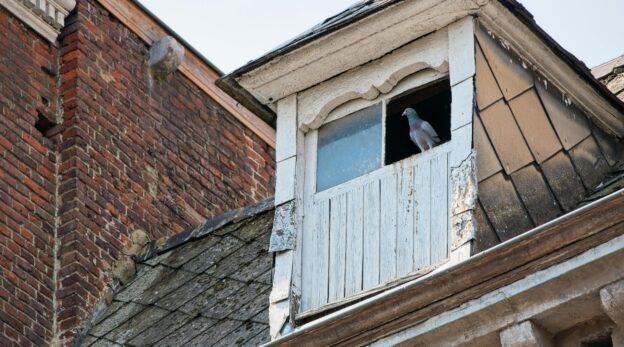
Wednesday morning in my home office in the attic. I start up my laptop, get myself a cup of coffee, and put on an extra jumper so I will not be interrupted mid-sentence by the freezing of my fingers. I am rested and ready to edit the manuscript of my second novel. Wait, before I […]

When is it genocide, and who decides?

This quarter is all about wealth, greed, and the roots of inequality. With more billionaires than ever, global crises in the 21st century have enriched the few while billions have been made poorer. Can our society keep sustaining this divide? And if not, where will you stand in the next mass uprising?

One of our favorite organizations to collaborate with is looking for new board members. Are you Surinamese, or of Surinamese descent, or otherwise affiliated with or even deeply interested in Suriname? We need your help!

Are you bound by incomprehensible laws of the universe to find avenues of expression, through poetry, sketching, dance, music, or whatever, for no other reason than the joy and suffering of existence?
This is a humble suggestion and invitation: share your work with the student-run magazine Hesiodos.
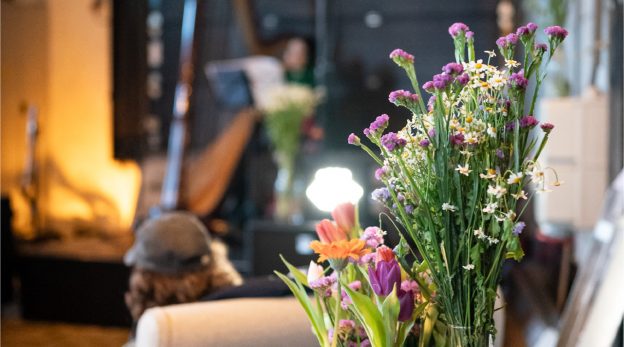
Madelaine Ley recited a poem at Studium Generale’s For Love of the World: Philosophy, Art and Technology conference and found herself surrounded by others delighted to have the soul and spirit included in intellectual conversations.
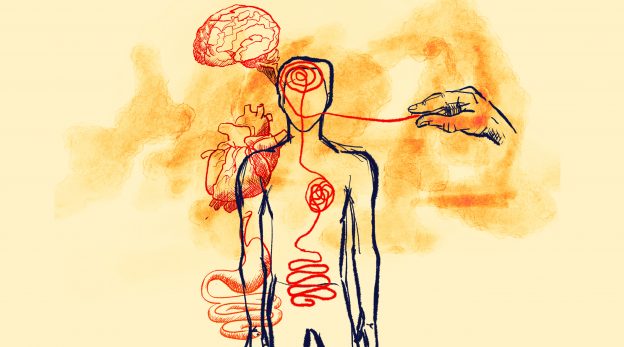
Intuitions, gut feelings, emotional intelligence, instinct: stuff we don’t usually learn about in school, perhaps because of our culture’s focus on the rational and the objective. But in a post-truth world, shouldn’t we be better educated on how the non-rational affects our lives?
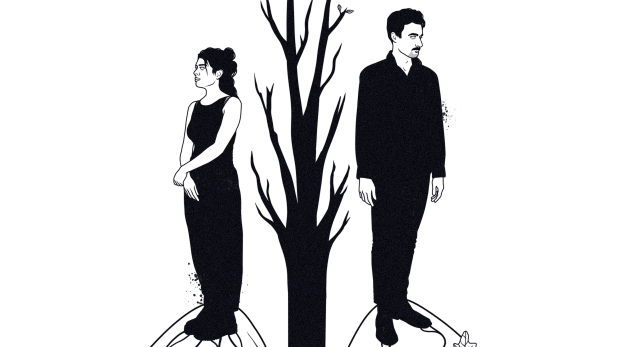
The climate crisis has a significant impact on the quality of life for young people – including students and PhD candidates at TU Delft. What can we do about it?
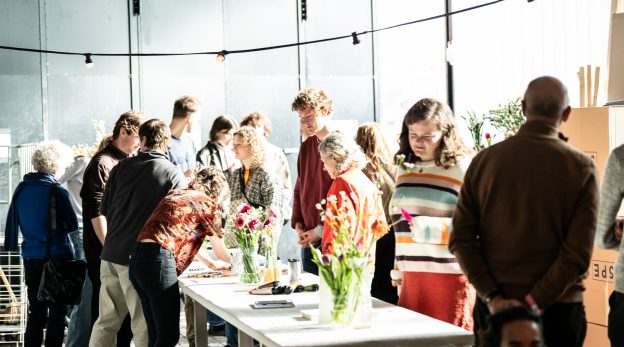
I found it a beautiful quote from philosopher and biologist Andreas Weber during the For Love of the World festival. It’s about death, not a cheerful subject. But Weber reassured: ‘If you think death is a definitive end, it puts enormous pressure on our short lifespan. With so much pressure, you cannot build a tender […]

Net als jij schrijf ik graag brieven. Leuk (en jammer) om te lezen dat dit in jouw tijd dus al niet meer zo gebruikelijk was. Aangezien we dit gemeen hebben leek het me toepasselijk om je een brief te schrijven.
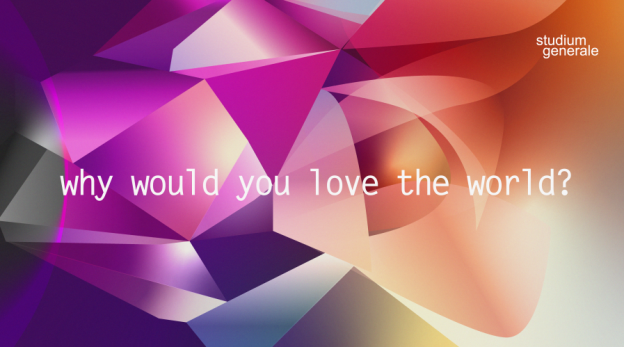
Who among us would be willing to lend a hand in making this world just a bit better? It sounds straightforward – do good deeds; volunteer for the elderly, animals, or refugees; make a donation; be kind to those around you…